The 25 Best MBA in Analytics Management Programs

Analytics is a varied and multifaceted field. Thus, earning your MBA in Analytics Management can mean many different things depending on your interests and how you want to develop your talent stack. Data is one of the most important aspects of today’s business world and is a vital part of growth strategies for the majority of organizations. It’s a combination of statistical analysis, information technology, business insights, and quantitative methods. Data literacy is key.
Develop Your MBA Stack in Analytics Management
In this ranking, we outline the top MBA programs in Analytics Management from coast to coast. These schools offer on-campus, online, and hybrid programs that will help guide you to the MBA program that fits your career goals and will help you grow your talent stack in analytics management.
Methodology
We searched through the top universities to find the best MBA in Analytics Management programs. We did this by collecting data from leading ranking systems: Forbes, the Wall Street Journal, Quacquarelli Symonds, and U.S. News and World Report. Ranking scores were adjusted to a 100-point scale and averaged to find each MBA’s Stacked Score. Every MBA in Analytics Management in this list holds a prestigious MBA brand and offers cutting-edge education in analytics management.
Best MBA in Analytics Management Programs
University of California, Los Angeles – Los Angeles, California
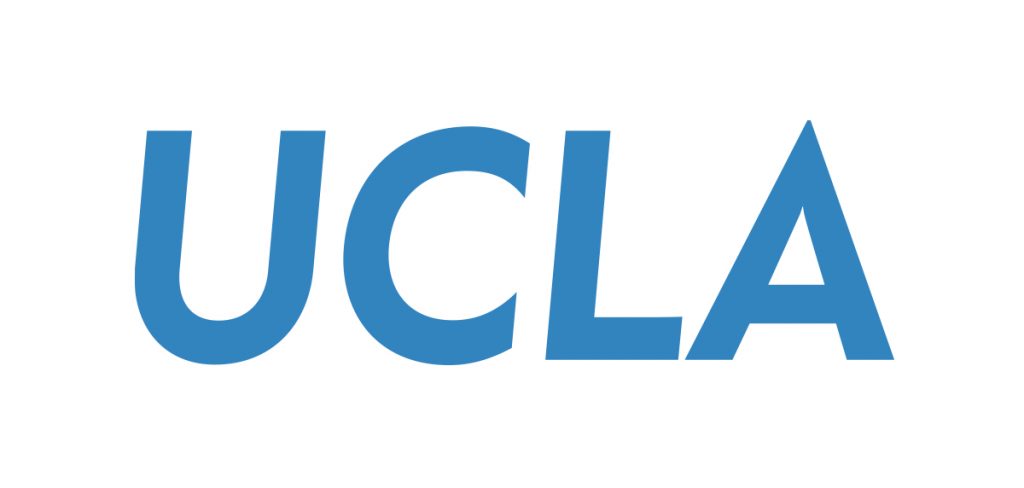
At UCLA, the Anderson School of Management gives students three MBA programs to choose from. In addition to the traditional MBA program, which is a two-year, full-time on-campus program, there is also an Executive MBA program and a Fully-Employed MBA program. The Full-Time MBA program requires nine core classes along with a specialization, which begins during the winter quarter of the first year.
Full-Time MBA programs offer many specialization opportunities, including Marketing Analytics. Through the Morrison Center for Marketing and Data Analytics, MBA students can explore topics like Data Analytics for Marketing and Finance, Customer Assessment and Analytics, Digital Marketing, and Tools and Analysis for Business Strategy.
The Executive MBA provides students with bi-weekly, monthly, and bi-weekly blended schedule options to fit the needs of its students over the course of the program’s 22 months. This program also includes a one-week international residency, which is a requirement for all EMBA students. There is no specialization requirement, but Customer Assessment & Analytics is one of a handful of analytics-focused elective options available to EMBA students who wish to build out their analytics management talent stack.
The Fully-Employed MBA is a 27-month program that gives students the choice of weeknights, Saturdays, or a hybrid to provide maximum flexibility. Like the EMBA, there is not an analytics specialization, but there are a variety of elective options with a focus on analytics.
Stacked Score: 95.89
University of Chicago – Chicago, Illinois

The Booth School of Business at the University of Chicago offers four MBA programs, which include the Weekend MBA, Evening MBA, Full-Time MBA, and the Global Executive MBA Program. The Full-Time and EMBA programs are shorter programs at just 21 months. The Weekend and Evening MBAs take anywhere from two and a half to three years to earn a degree.
Regardless of whether you’re enrolled in the Full-Time MBA, the Evening MBA, or the Weekend MBA program, there are a variety of concentrations offered. Most students, whether in a full-time or part-time program, complete three or four concentrations, though concentrations are not required to earn your MBA degree. Analytic Finance and Business Analytics are two analytics-focused concentrations offered for all three of these MBA programs. There is no analytics concentration or specific focus area for the EMBA program.
Stacked Score: 95.46
Johns Hopkins University – Baltimore, Maryland
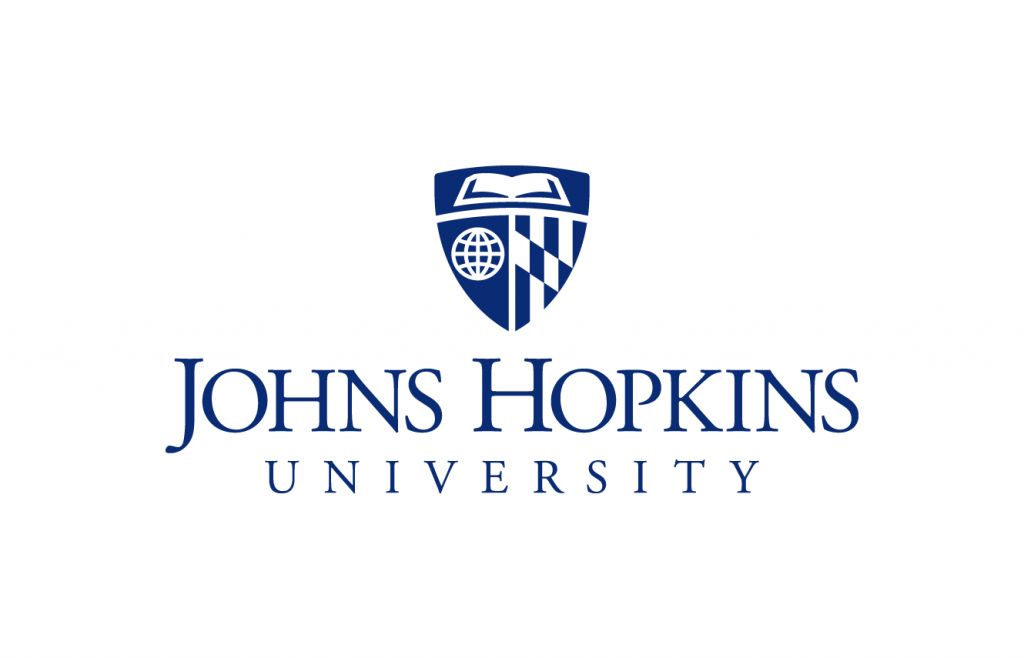
MBA students at the Carey Business School at Johns Hopkins University may select from Full-Time and Part-Time (Flexible) MBA programs. The Full-Time MBA is a two-year program on Johns Hopkins’ Baltimore campus. The Flexible MBA offers a number of format options, from in-person classes in Washington DC or Baltimore to online to a combination. This is a part-time program that is designed for working professionals who can earn their MBA degrees in three years.
Students in the Full-Time MBA choose one of two pathways, which are Analytics, Leadership, and Innovation or Health, Technology, and Innovation. Meanwhile, Flexible MBA students have the option to pick from eight specializations, including Business Analytics and Risk Management. Courses in this specialization include Advanced Business Analytics, Data Analytics, Customer Analytics, Data Visualization, and Social Media Analytics, among others. Students will dive into the foundations of statistical analysis, data analysis, and spreadsheet models.
Stacked Score: 94.09
University of Michigan, Ann Arbor – Ann Arbor, Michigan
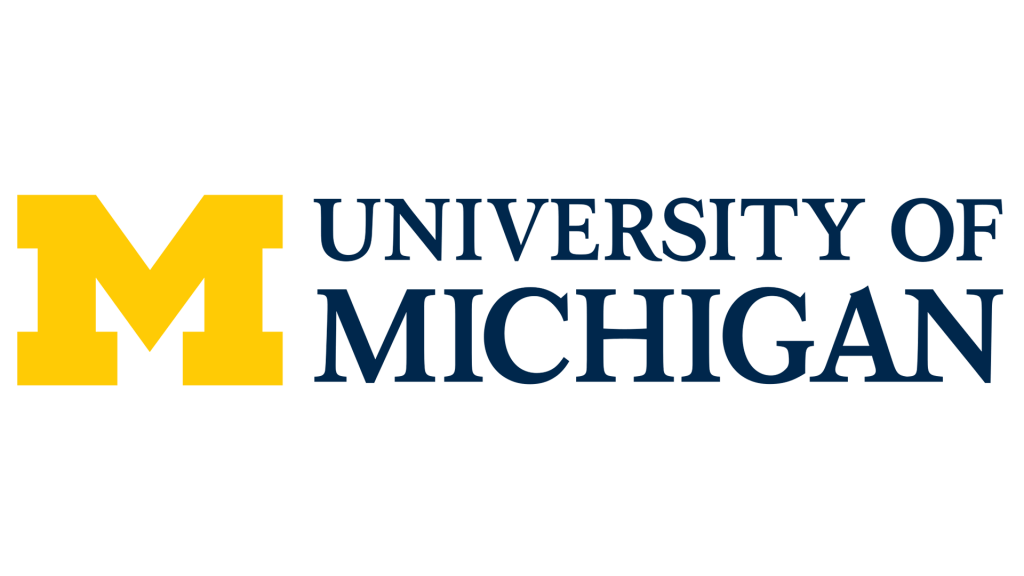
At the Ross School of Business at the University of Michigan, Ann Arbor, there are five MBA programs offered. The Full-Time MBA is an on-campus program that lasts for two years. For those seeking flexibility, the Ross School of Business offers the online program, which takes three to four years to complete, and the Weekend MBA program, which is a two-year program. These two programs both offer electives with analytics focuses, such as Equity Analytics and Applied Business Analytics for Decision-Making. Meanwhile, students may also enroll in either an Executive or Global MBA program, although neither of these two programs offers an analytics focus or specialization.
For MBA students enrolled in the Full-Time MBA, there is a Data and Business Analytics concentration. This concentration requires 12 credits of analytics-focused coursework. Some of the classes offered include Advanced Big Data Analytics, Big Data Management: Tools and Techniques, Data Mining and Applied Multivariate Analysis, and Decision Support with Spreadsheets. This concentration is intended to help students sharpen their analytical skills to lead to data-driven recommendations for organizations.
Stacked Score: 91.94
New York University – New York, New York
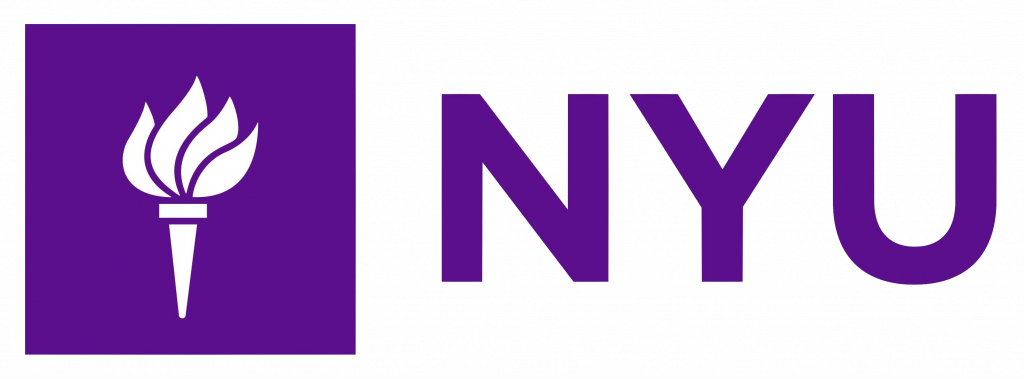
In New York, the Leonard N. Stern School of Business at New York University offers several MBA programs. These include a number of dual degree programs in addition to a two-year, on-campus Full-Time MBA, a Part-Time MBA, a one-year Executive MBA, and a one-year Fashion & Luxury MBA program. The Part-Time program offers flexibility with classes on weeknights, Saturdays, and online, as well as an accelerated two-year timeline (although students do have up to six years to complete their degree).
Full-Time MBA students can specialize in up to three areas (though specializations are not required). Among the choices, students may elect to specialize in Business Analytics, as well as Financial Systems and Analytics for those looking to build their analytics talent stack. These specializations are also available for students enrolled in the Part-Time MBA program. The EMBA and Fashion & Luxury MBA programs do not offer a particular analytics focus.
Stacked Score: 91.28
Carnegie Mellon University – Pittsburgh, Pennsylvania

At the Tepper School of Business, Carnegie Mellon University MBA students have their pick of MBA programs, including a number of STEM options. The Full-Time MBA program is a 21-month program with on-campus classes. Students may also opt for the longer 32-month Part-Time Online program, the Part-Time Flex program, or the shorter 24-month Part-Time Accelerated. Whatever your needs, there is a variety of programs and formats to choose from.
MBA students need to complete at least one concentration, regardless of which program they enroll in. Concentrations are automatically applied as soon as a student takes three or more elective classes in a subject area, and most students earn three or four concentrations during their MBA programs. For students looking to build their analytics stack, Tepper offers a healthcare analytics concentration. Some of the courses included in this concentration include Health Care Operations, Health Economics, Automation of Biological Research: Robotics and Machine Learning, and Health Policy Management Systems.
Stacked Score: 91.02
Vanderbilt University – Nashville, Tennessee

The Owen Graduate School of Management at Vanderbilt University runs an MBA program and an Executive MBA program. The EMBA program is aimed at working professionals who need a bit more flexibility with their schedules and format. But the MBA program takes a traditional, on-campus format.
The Operations & Analytics concentration is a designated STEM-certified concentration. Concentrations are made up of 12 credit hours beyond the required core curriculum. Concentrations are limited to the MBA program and do not extend to the EMBA. Students in the Operations & Analytics concentration focus on the management and design of product manufacturing and service delivery by looking at these processes and the field in depth.
The two required courses in this concentration are Supply Chain Management and Management of Service Operations. Some of the electives that students in this concentration can choose from include Data Management and Business Intelligence, Strategy and Operations Consulting, Sports Analytics, and Essentials of Project Management.
Stacked Score: 90.89
Emory University – Atlanta, Georgia

At Emory University, the Goizueta Business School offers its MBA students programs in both full- and part-time formats. This is in addition to their hybrid 18-month Executive MBA program and a multi-formatted Evening MBA program. For those enrolled in the Full-Time MBA, it is possible to earn your MBA degree in as little as 12 months by taking the one-year track. However, students may also opt for the Full-Time MBA two-year track. Either way, full-time MBA students have over 20 concentrations to pick from, including Marketing Analytics.
The Evening MBA, like the Full-Time MBA, offers a concentration in Marketing Analytics as well as Business Analytics. This program is aimed at working professionals and can be completed in as little as 24 months, though the average is 32 months to a degree. Students may choose a hybrid, on-campus, or online format.
Meanwhile, students enrolled in the EMBA program take Data & Decision Analytics as part of their core coursework, though there is not an analytics-focused elective option available.
Stacked Score: 90.73
University of North Carolina at Chapel Hill – Chapel Hill, North Carolina

UNC-Chapel Hill’s Kenan-Flagler Business School offers its students several on-campus MBA options, including a Full-Time MBA program and a number of Executive MBA programs, which include Evening and Weekend MBAs. These are hybrid programs, and classes are based on the University’s Charlotte campus. Additionally, students may opt for a fully online MBA program. Students may earn their MBA degrees in as little as 18 months up to two years, depending on which program they enroll in.
Full-Time MBA students are given a variety of Career Concentration options, among which includes Business Analytics and Management Science. Some classes in this concentration include Business Modeling: Prescriptive Analytics, Introduction to Python for Business Analytics, Service Operations & Revenue Analytics, and Data Analytics: Tools & Opportunities. For the Online MBA, there is a concentration available in Data Analytics. While the EMBA programs do not have concentrations in analytics, they do offer core coursework with classes like Analytical Tools for Decision Making.
Stacked Score: 87.40
University of Washington – Seattle, Washington
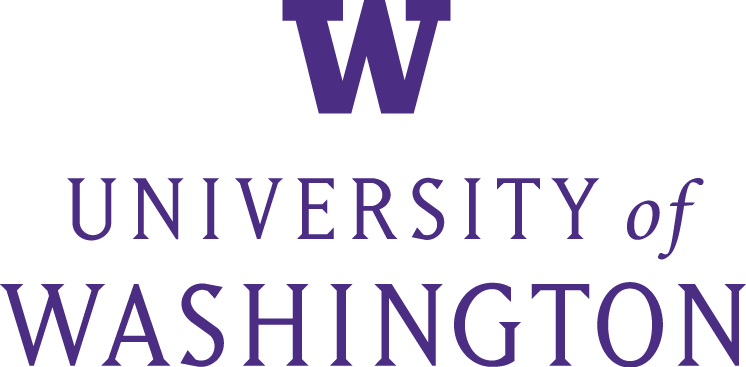
The UW Michael G. Foster School of Business offers its students a few MBA programs to select from, including the flagship Full-Time MBA program and the Hybrid MBA program. The Hybrid MBA is a two-year program that is offered 95 percent online with only five percent on campus. The Foster School also has a wide variety of part-time and specialty programs. These include the Executive MBA program, the Evening MBA program, and the Technology Management MBA program.
Marketing Analytics and Business Analytics: Tools for Big Data are two analytics-focused electives available in the Hybrid MBA program. Marketing Analytics is also a specialization available for Full-Time MBA program students. Students in this specialization take Analytics for Marketing Decisions, Customer Analytics, Digital Marketing Analytics, and Strategic Pricing, as well as three more electives.
Stacked Score: 86.38
University of California, Davis – Davis, California

At the Graduate School of Management at the University of California, Davis, MBA students may choose from either the Full-Time MBA program, the Part-Time MBA, or the Online MBA program. Students in the Full-Time MBA program take classes on campus for two years. They also have the option to choose to complete a self-guided concentration in a number of areas, including Business Analytics.
The Part-Time MBA holds classes both online and at the Bay Area campus. This is a 24- to 48-month program, and it offers the same Business Analytics self-guided concentration that the Full-Time MBA program offers.
While in all other respects, the Online MBA is the same program as the Full-Time MBA with the same classes and faculty, there is no self-guided concentration offered. However, there are some analytics-focused courses included in the curriculum, like Marketing Analytics.
Stacked Score: 86.12
University of Florida – Gainesville, Florida

The Warrington College of Business at the UF provides a selection of four MBA programs, which are the Full-Time, the Executive, the Weekend Professional, and the Online program. Students who choose to enroll in the Full-Time MBA may elect either a one-year or a two-year track. There are over 100 electives and seven concentrations for Full-Time MBA students to choose from, and Business Analytics is one of the concentrations offered.
Students need to take five electives in Business Analytics in order to earn their Business Analytics concentration. The core courses in this concentration include Advanced Business Systems Design and Development I, Business Database Systems I, Business Data Presentation and Visualization, and Business Intelligence. In addition to these courses, MBA students must also complete one of the following to finish their concentration: Special Topics: Marketing Analytics and Organizational Staffing. Finance Analytics Concentrations are only offered for students enrolled in the Full-Time MBA at the Warrington College of Business.
Stacked Score: 85.90
University of Illinois at Urbana-Champaign – Champaign, Illinois

The University of Illinois at Urbana-Champaign’s Gies College of Business offers one prestigious and flexible MBA program. The Online MBA is a fully online program. MBA students enroll in asynchronous courses from the University of Illinois through Coursera, although these courses also have a synchronous component, which is done through Zoom. With the synchronous component, students attend live lectures and participate in group assignments, building engagement between other students and the faculty.
The iMBA program at Gies College offers a focus area specialization in Business Analytics, which is made up of five classes, most of which are four weeks long, though some are eight weeks. Some of the courses included in this focus area specialization include Introduction to Applying Analytics Across Business Functions I & II, Data Toolkit: Business Data Modeling and Predictive Analytics, Introduction to Business Analytics: Communicating with Data, and Introduction to Business Analytics with R.
Stacked Score: 85.71
University of Texas at Austin – Austin, Texas

The UT Austin’s McCombs School of Business offers a Full-Time MBA program, an Evening MBA program, and an Executive MBA program. Students who choose to enroll in the Full-Time MBA program have the option to enroll in one of 20 offered concentrations, although earning a concentration is not a requirement to complete the program.
Among the concentrations includes Business Analytics. It’s offered through the Information, Risk, and Operations Management (IROM) Department. This is a STEM-certified concentration. Some of the courses in the Business Analytics concentration include Analysis of Markets and Business Analytics and Decision Modeling. These are the two required classes.
Decision Support Modeling, Data Analytics and Dynamic Pricing, Financial Modeling and Optimization, and Social Media Analytics are some of the offered electives. Students must take a total of four elective courses in addition to the two required courses.
Neither the EMBA nor the Evening MBA program offers concentrations for MBA students.
Stacked Score: 85.49
University of Virginia – Charlottesville, Virginia

The University of Virginia’s Darden School of Business offers a Full-Time MBA program, which is a two-year, on-campus program. Students who choose to enroll may opt to earn as many concentrations as they see fit. Among the number of concentrations offered includes Business Analytics, which is part of the Career Track concentrations. Additionally, during the second part of their first year, students may choose to enroll in Area-Focused Electives and may choose to take analytics-focused courses in this way to build up their analytics knowledge stack.
Additionally, Darden offers an Executive MBA program. This is a hybrid program with synchronous weeknight online classes and on-campus weekend classes. Students also participate in an on-campus residency at the beginning of the program and one global residency for a week. Students in the EMBA program may also elect to pursue study in a number of different focus areas, including Data Analytics and Technology.
Stacked Score: 84.65
University of Notre Dame – Notre Dame, Indiana

At the University of Notre Dame’s Mendoza College of Business, MBA students can enroll in a two-year Executive MBA on its Chicago campus in addition to a One-Year MBA and Two-Year MBA on Notre Dame’s main campus outside of South Bend, Indiana. The One-Year and Two-Year MBA Programs are both full-time, with the One-Year program essentially taking an accelerated format as compared to the Two-Year MBA program.
Mendoza College offers nine majors for both the One-Year and Two-Year MBA programs. Among the major choices includes Business Analytics, which is a STEM-designated major. Some of the areas of study in this major include data mining, optimization, project management, and statistical modeling.
While the 22-month EMBA program does not have majors, students choose two electives to enroll in during their weeklong June residency. Analytics-focused electives are among the courses offered.
Stacked Score: 84.06
Georgia Institute of Technology – Atlanta, Georgia

There are three MBA programs offered through the Georgia Institute of Technology’s Scheller College of Business. Students have the option of enrolling in Scheller’s Full-Time MBA, Evening MBA, or Executive MBA. The full-time program consists of two years of study. The Evening MBA takes 24 to 36 months to earn a degree. These are both on-campus programs.
For both programs, MBA students must choose an official concentration and four elective courses as part of earning their MBA degree. Among the concentrations offered is Business Analytics. Students in this concentration learn how to understand, structure, and solve problems to help their organizations make the best decisions by using analytical tools and techniques.
The EMBA, like the Evening and Full-Time MBA, is an on-campus program. This 17-month program is held on Fridays and Saturdays. While the EMBA does not offer concentrations, students do take analytics-focused courses throughout the program, such as Data Analysis for Business and Analysis of Global Environments, which is an international residency.
Stacked Score: 83.33
Case Western Reserve University – Cleveland, Ohio

At the Weatherhead School of Management at Case Western Reserve, students may choose from either a Full-Time MBA program or an Executive MBA program for those who would like an on-campus experience or an Online Full-Time program for those who need the flexibility of an online format. While the Online MBA does not offer an analytics-focused concentration option, this is an option for both of the other two Weatherhead programs. The same is true for the EMBA program.
The Full-Time MBA program is a two-year, 60-credit program. Concentrations for the Full-Time MBA are made up of four courses for a total of nine elective credits. Among the concentrations that Case Western offers for MBA concentrations is Business Analytics. Students may also elect to pursue a STEM MBA, which requires electives in the same areas as the regular Full-Time MBA, including Business Analytics.
Stacked Score: 79.58
Purdue University – West Lafayette, Indiana
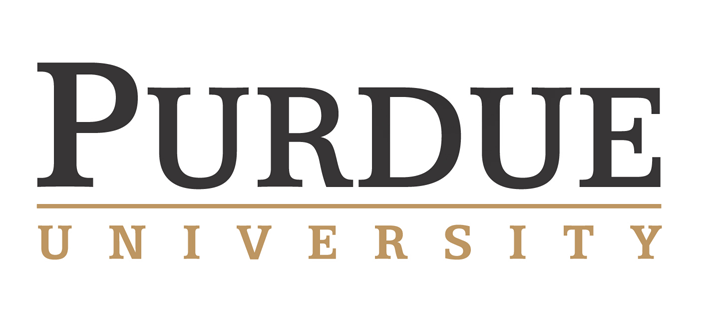
Purdue University has three MBA programs through the Krannert School of Management. The Weekend MBA does not have an analytics-focused component. The Online MBA at Krannert is a fully online MBA program, and students can earn their degrees in two years.
The Online MBA offers a number of concentrations, including Business Analytics. Some of the courses in this concentration focus on topics such as data mining, data visualization, and spreadsheet modeling and simulation. Students focus on topics such as demand forecasting, employee attrition, product replenishment, and insurance claim prediction.
The 19-month EMBA program does not have an analytics concentration. However, Financial Statement Analysis is one of the offered Immersion Electives. This course helps students learn where to find the best information to analyze an organization’s strategy and performance. Students spend a good chunk of time in the course analyzing case studies of real financial statements.
Stacked Score: 78.42
University of Wisconsin-Madison – Madison, Wisconsin

MBA students at the School of Business at the University of Wisconsin- Madison, have the opportunity to enroll in either the Full-Time MBA, the Professional MBA, or the Executive MBA program. The Full-Time MBA gives students several specialization options, including Applied Security Analysis. Some of the courses in this specialization include Analysis of Fixed Income Securities and Applied Security Analysis, and Investment Management I & II. The Full-Time MBA is a two-year program. Students also participate in both a summer internship and a global learning experience. The EMBA does not offer specializations, though coursework does have some analytics-focused content.
The Professional MBA provides students with flexibility in its format. Students meet on the Madison campus for one weekend each month and complete the rest of their studies online. This program is completed in two to five years. Students can customize their degree by earning a badge in Business Analytics. This badge is made up of three courses: Experiments and Causal Methods, Data Technology, and Data Visualization.
Stacked Score: 77.41
University of Maryland, College Park – College Park, Maryland
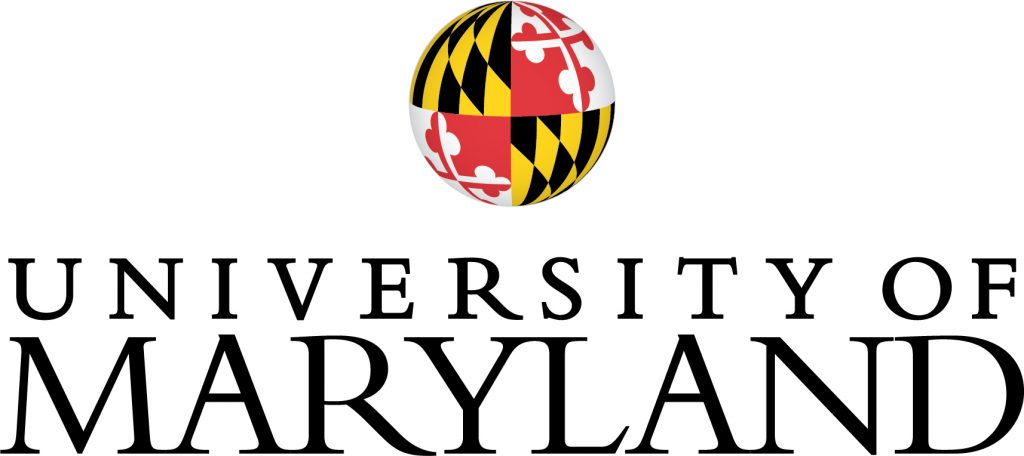
At the University of Maryland, College Park’s Robert H. Smith School of Business, MBA students have their choice between two on-campus MBA programs and an online program. However, it is the Online MBA that provides students looking to build their analytics talent stack the opportunity to specialize in Information Systems and Business Analytics with the Smith School’s Career-Focused Specialization.
Students will build their knowledge and experience in analyzing and managing data and design, as well as how to implement information systems in this specialization. While the on-campus Full-Time MBA does not offer an analytics specialization, students do engage in analytically focused coursework with courses such as Data Analytics and others that are worked into the specialization offerings, such as Decision Analytics in the Supply Chain specialization. There is no particular focus on analytics in UMD’s Executive MBA program.
Stacked Score: 77.30
Northeastern University – Boston, Massachusetts

The D’Amore-McKim School of Business at Northeastern University offers both a Full-Time MBA and a Part-Time MBA program, in addition to an Online MBA program.
The Full-Time MBA is a two-year program on Northeastern’s campus in Boston. In addition to the 55 required credits, students also engage in a paid corporate residency during the program. This residency can last up to 12 months.
The Part-Time MBA is also an on-campus program, but students instead take (on average) three years to complete the program (though they have two to seven years to earn their degree). Classes for the Part-Time MBA are held in the evenings to accommodate working professionals.
Regardless of the program, students enrolled in either the Full-Time or Part-Time programs must complete two concentrations, which include options in both Analtyics and Marking Analytics. Students take one to three core classes and then supplement them with analytics-focused electives.
Stacked Score: 77.21
23. Lehigh University – Bethlehem, Pennsylvania

The College of Business at Lehigh University offers two MBA programs for students to choose from. The Full-Time MBA program is a quick on-campus program that takes just one year. This program is aimed at professionals who are looking to boost their business careers. The FLEX MBA program is a part-time program, which is designed for working professionals who are continuing to work throughout the duration of the program. For this reason, the FLEX MBA follows a hybrid format to offer its students increased flexibility to fit around their work schedules.
There are four concentrations offered for students enrolled in the Full-Time MBA program, including business analytics. This STEM-approved concentration requires 15 credits to complete. Some of the courses students can choose from in this concentration include Advanced Topics in Business Analytics, Data Analytics for Accountants, and Econometric Software.
The FLEX MBA program also offers the same concentrations – including Business Analytics – although it is not part of the programmatic requirements to earn a certification. This concentration is only 12 credits, unlike the Full-Time program’s 15 credits. Some of the courses included in this Business Analytics concentration include Data Management for Managers, Business Analytics for Decision Making, and Predictive Analytics in Business.
Stacked Score: 75.96
24. Ohio State University – Columbus, Ohio
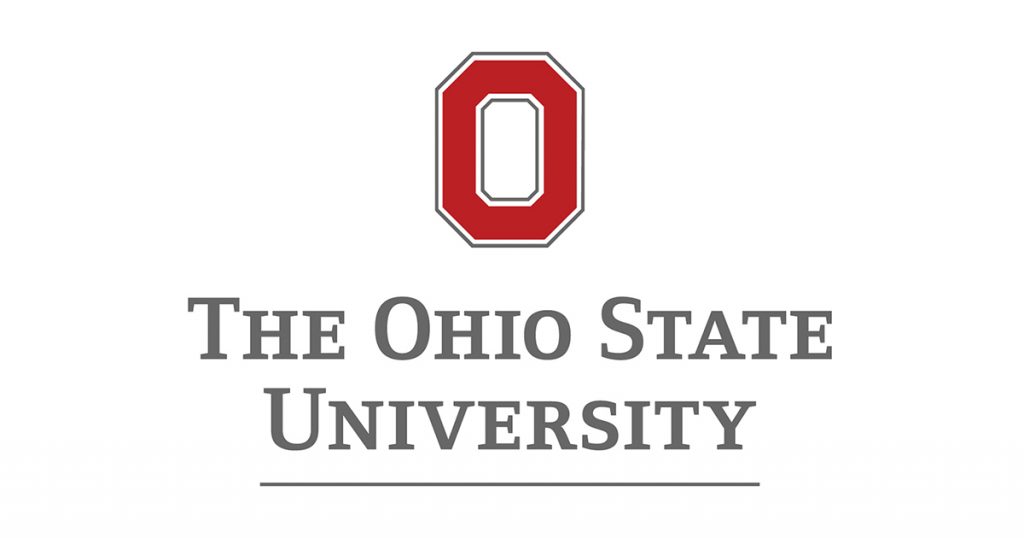
At the Max M. Fisher College of Business, Ohio State University, students have the option to enroll in one of three MBA programs. The Full-Time MBA is an on-campus program. Students in this program have the option of pursuing one of a number of different areas, including an option for Business Analytics and Marketing Management & Analytics.
The Working Professionals MBA is the other program offered at Ohio State. This is a hybrid program that allows students to take courses online, on-campus, or a mixture of both formats. Classes are offered during both the evenings and weekends. This program is typically completed in two and a half years, although students may choose to accelerate the program to earn their degree in just two years.
Students in the WPMBA program have the option to specialize in analytics-focused work by enrolling in analytics-based electives, like Data Analytics. The Executive MBA is the third program at OSU, and like the WPMB, students are able to focus their electives on analytics-based classes.
Stacked Score: 75.21
25. Stony Brook University, SUNY – Stony Brook, New York
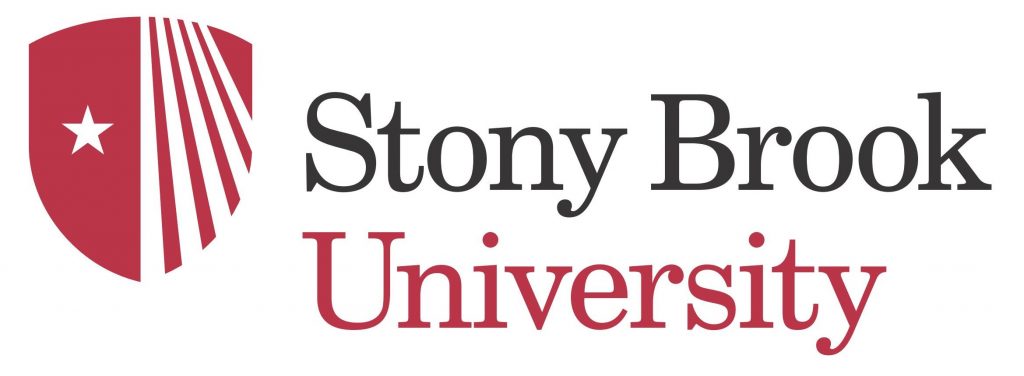
MBA students at Stony Brook University, SUNY’s College of Business may enroll as either full-time or part-time students in the University’s singular MBA program. For those students who already have an undergraduate in business, this program only requires 36 credits in order to earn a degree. For those who do not have a business background, 48 credits are required.
This is a quick program, with most students earning their MBA degree in 12 to 18 months. For flexibility for Stony Brook’s part-time working professionals, classes are offered in a variety of formats – weeknights, Saturdays, and fully online, in addition to on-campus daytime classes. MBA students may select a concentration in either Operations Analytics or Innovation.
Several dual degree programs are available, including Master of Arts in Public Policy/MBA, Master of Public Health/MBA, Master of Science in Mechanical Engineering/MBA, Master of Science in Biomedical Engineering/MBA, Medical Degree/MBA, Master of Art in Art History and Criticism/MBA, and Master of Science in Computer Science/MBA.
Stacked Score: 75.04
Analytics Management Stack
There are lots of ways to build your stack in Analytics Management, from enrolling in an MBA program to working through our free course in Analytics Management. But if you’re looking for other ways to engage and build your talent stack, here are some suggestions.
Information Technology
There are a number of pieces of information technology that analytics professionals use quite widely, regardless of what type of analytics work you pursue. There are a number of technologies you’ll want to be familiar with as an analytics professional.
Familiarize yourself with spreadsheets like Excel; databases like Access, MySQL, and Oracle; programming languages like Python. Other technologies to consider are getting comfortable with dashboards like Tableau, web analytics, and other advanced analytics or machine learning tools such as R and TensorFlow.
LinkedIn offers a list of 10 programming languages that are in high demand across fields. As an analytics professional, spend some time assessing which might be of the most benefit to you as you build your analytics talent stack.
Types of Analytics
There are four types of analytics. As an analytics professional, you will need to use all four at different times. Descriptive analytics look at what is happening. Diagnostic analytics analyze why something is happening. Predictive analytics consider what is likely to happen in the future. And finally, prescriptive analytics considers what is needed to be done in order to be successful, whatever that means in a particular context.
This article lays out the four types of analytics in greater detail, along with examples. Analytics professionals use these four types of analytics to make data-driven decisions, which you can read about further in this article, which walks through what DDDM is and what the process is to help it inform your decisions.
Earning an MBA in analytics management can help you build the talent stack you need to guide your organization to understand what its success means in its context, develop better strategies to get there and increase efficiency along the way with an intelligent and thoughtful interpretation of data.
We hope this list of MBA in Analytics management programs has provided you guidance in determining the best MBA program for your career goals and needs in building your analytics talent stack for your future.
To Wrap Things Up
Business schools that offer business administration degrees often offer concentrations in analytics management coursework. A business analytics program offers coursework in data science, business analysis, data warehousing, raw data, performing predictive analytics, organizational behavior, revenue management, data structures, statistical algorithms, predictive modeling, data-driven business decisions, and more.
Is a degree in business analytics worth it? Yes, an MBA in business analytics is imperative for career success in the field, especially for a position of leadership or management.
Business processes often hinge on accurate data analytics and proper business analytics management to succeed; therefore, looking at past, current, and future predictions.
Business intelligence managers utilize technical skills to make data-driven business decisions by reviewing historical data, using statistical techniques, and creating predictive models to gain a competitive edge and stay competitive.
Written by: Tammie Cagle
Before you go, see the following:
- Intro to Analytics Management: Free Online Course
- The Cheapest Online MBA in Analytics Management Schools
- Top MBA in Analytics Management Career Paths – Job & Salary Information